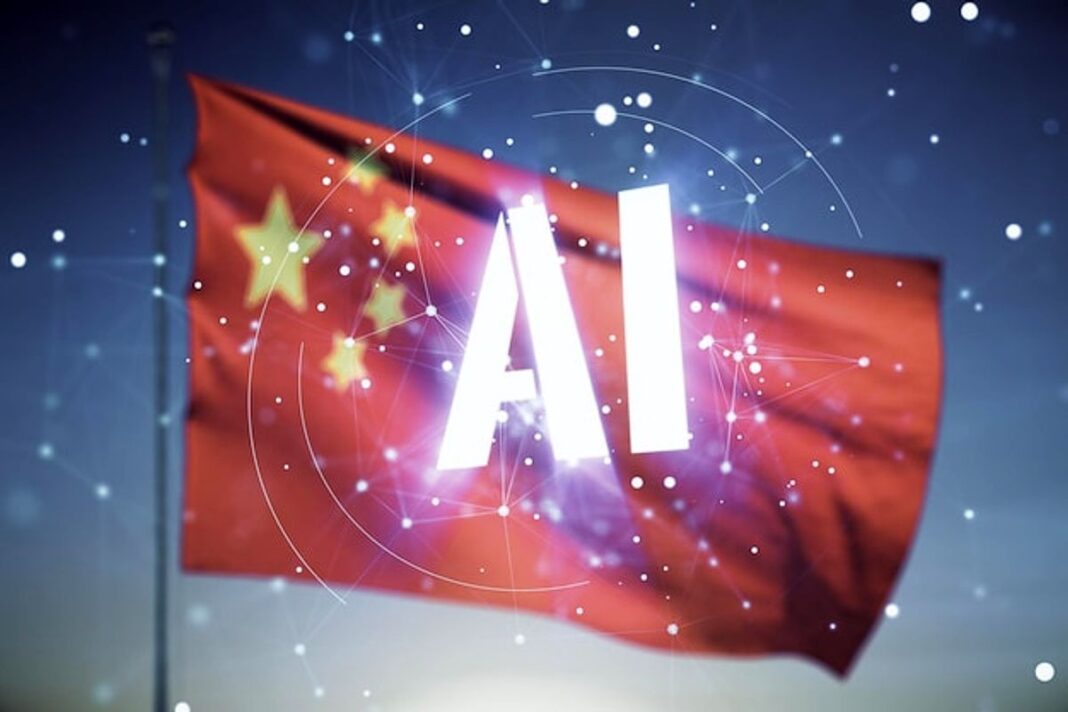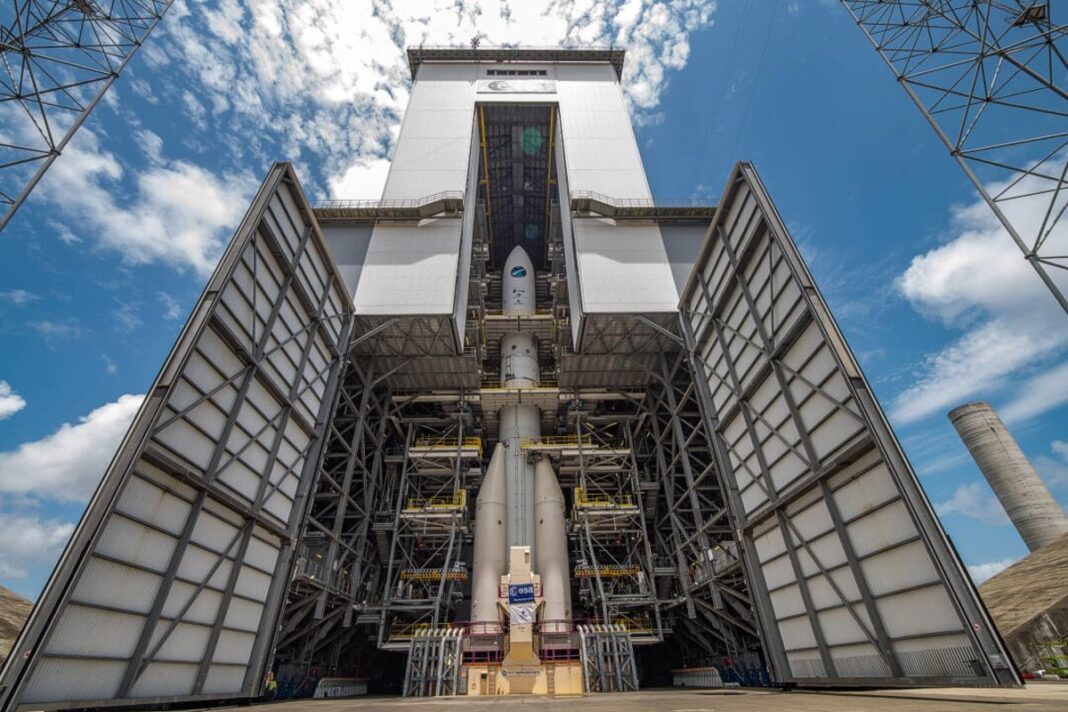The CCP’s military wing awarded the AI contracts from 2023-2024, including hundreds to non-traditional vendors without known state ties.
The Chinese communist regime issued more than 2,800 military contracts for artificial intelligence-related goods and services over a two-year period, a new report has found.
Notably, a majority of the entities that received two or more such contracts were so-called “non-traditional vendors,” organizations with no overt ties to the Chinese Communist Party (CCP).
The report, published in early September by the Center for Security and Emerging Technology think tank, found that “an emerging class of firms and universities… with no self-reported state ownership ties” were accelerating the CCP’s military and commercial AI development.
The report compiled a data set of 2,857 award notices for AI-related contracts by the People’s Liberation Army (PLA), the military wing of the CCP, issued from January 2023 to December 2024.
The researchers then examined the 338 entities that won at least two such awards, of which 243 were non-traditional vendors.
“These entities appear to be playing a substantial role in providing AI-related technologies to the PLA, potentially accelerating technological development and AI diffusion throughout the Chinese military,” the report reads.
A New Vanguard of CCP Militarism
The report connects the emergence of China’s non-traditional AI vendors, most of which were founded in the last 15 years, to Beijing’s strategic doctrine of military-civil fusion.
Under military-civil fusion, the CCP has sought to closely integrate China’s defense and civilian sectors, effectively building up a domestic startup culture capable of creating innovative new technologies that have both civil and military applications.
To that end, the report notes that many of the companies that received multiple AI-related contracts from the PLA “focus on developing dual-use technologies, indicating that these firms see both the civilian and defense sectors as avenues for growth.”
Those companies were also likely helped directly or indirectly by the relatively unabated flow of cash into the Chinese technology sector by American venture capital firms in recent decades, which has supercharged Beijing’s development of AI technologies, including those used by the PLA.








